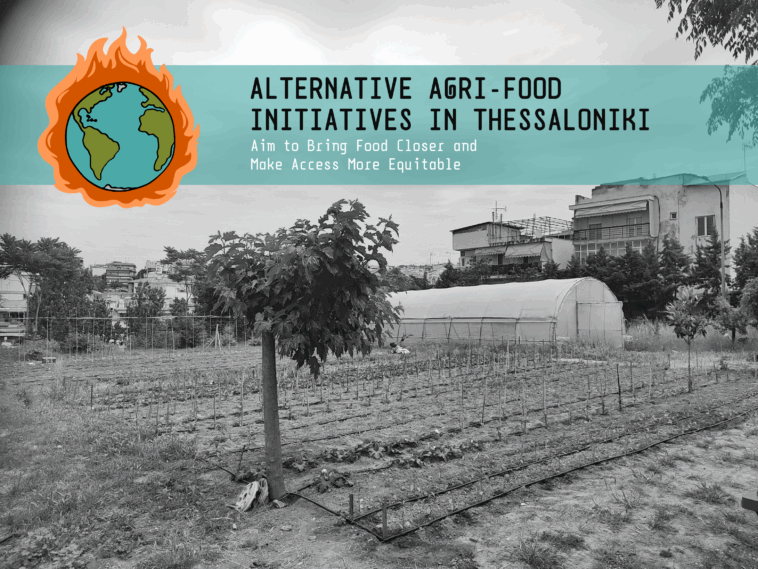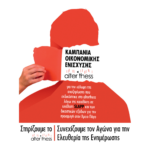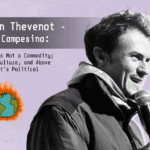“Everyone complains about empty supermarket shelves. Now many are asking how those shelves actually get filled,” wrote the Angry Workers, a UK collective studying working-class structures and divisions, during COVID-19. As borders closed, tourism stalled, and planes were grounded, supply chains came under severe strain, laying bare the complexity of the food system. For anyone curious about where the contents of our fridges really come from, those empty shelves were a wake-up call.
The Angry Workers’ UK data showed that air-freighted food volumes rose by 140 percent from the early 1990s; by 2000, one out of every 7.5 tons of goods arriving by air was food.
As Pierre Raffard notes in his book Geopolitics of Food and Gastronomy (University of Crete Press), more recent shocks, like the Russia-Ukraine war, reminded citizens that access to food is not guaranteed, and that farm products and food play a strategic role on the world stage. At the same time, people began to question the industrial, competitive, globalized models long held up as gospel for “food security.” With the climate crisis and shrinking resources now a given, he argues, transforming our food systems and habits is not only necessary but will be long and difficult.
Amid deepening economic hardship and the growing inability of low-income households to access quality food, a wave of alternative agri-food projects has emerged in Greece in recent years. Their aims: ensure food sufficiency, shorten supply routes, and reduce the number, and power, of intermediaries.
From Economic Shock to Environmental Crisis, a Counter-Model Challenges the Mainstream
Researcher Eirini Eriphylli Tzekou began studying these experiments during Greece’s bailout years while she was a member of the BiosCoop social consumer cooperative. “I was interested in self-managed food systems, the environmental impacts of cultivation, and direct producer-to-consumer distribution,” she tells Alterthess. “It was the potato movement moment in 2012, and new social-and-solidarity economy ventures were forming out of the crisis. Many people out of work saw collective organization as a way forward.”
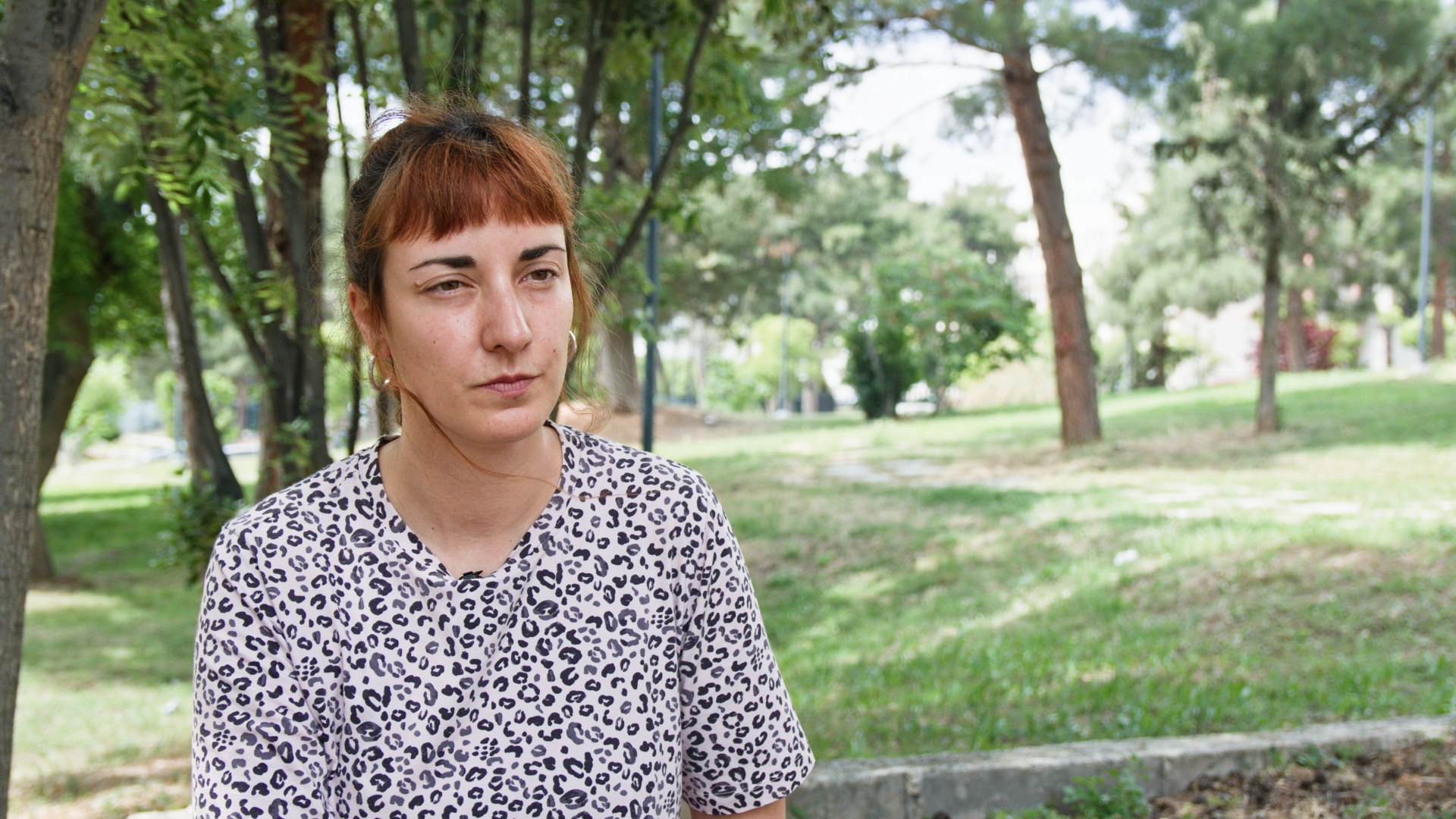
Even before climate disasters like Storm Daniel in Thessaly or the Evros wildfires, Tzekou identified gaps these projects sought to fill: “The main issue then was the economic crisis, alongside long-running food scandals, and falling incomes that shut people out of quality food. Urbanization had also severed many families’ ties to the countryside and to self-provisioning.”
Unlike the old cooperative traditions of the 1980s–90s, these newer efforts focus heavily on production and, to a great extent, on distribution. In Tzekou’s Thessaloniki-based study are consumer and producer co-ops, cooperative groceries and cafés, no-middleman markets, heirloom-seed initiatives, small-scale processing and food service projects, and solidarity structures delivering food to homeless people and migrant women. Common threads: member self-organization and a strong interest in how food is produced.
A Slow Democratization of the Food System
“These initiatives try to decentralize power in production,” Tzekou explains. “They source from smallholders, farm cooperatives, and family businesses, supporting a more distributed, small-scale model that tends to have a lighter environmental footprint. They favor alternative methods like organic, natural farming, and regenerative practices, approaches that minimize agrochemicals. They also push fairer pay for producers, which matters in Greece where middlemen wield outsized power and capture a large share of value.”
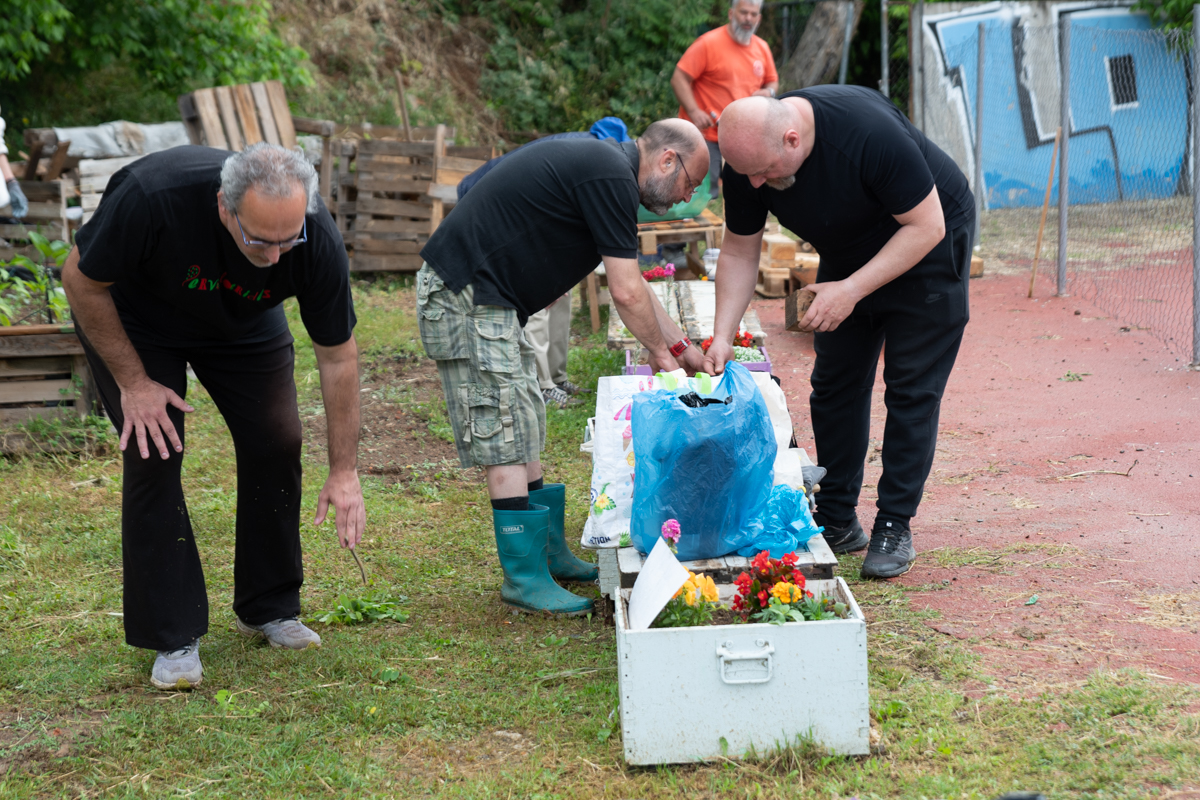
As part of wider social movements, many also build in solidarity mechanisms to keep food accessible—holding prices down where possible or organizing “pay-it-forward” schemes through cooperative groceries. For Tzekou, this amounts to an ongoing democratization of the agri-food system: producers and consumers gain more say over how food is made, in stark contrast to supermarket supply chains where such knowledge is opaque.
“How many kilometers did this food travel to get here?” she asks. “Production is completely severed from consumption, with consequences for quality and for environmental footprints. Alternative initiatives work across many fronts to build what policy language now calls ‘sustainable food systems.’”
Raffard cites a 2019 Accenture study: excluding brands that market origin as their core proposition, only 48 percent of nationally distributed foods listed the country of origin for their main ingredient, and a mere 7 percent listed the city or region. “Supply routes disappear into a geographic and human whirlpool,” he writes, “leaving the average consumer struggling to find basic information.” As early as 2003, The Guardian mapped around twenty common fruits and vegetables and found that a typical shopping basket had traveled more than 160,000 kilometers. The UK is no outlier.
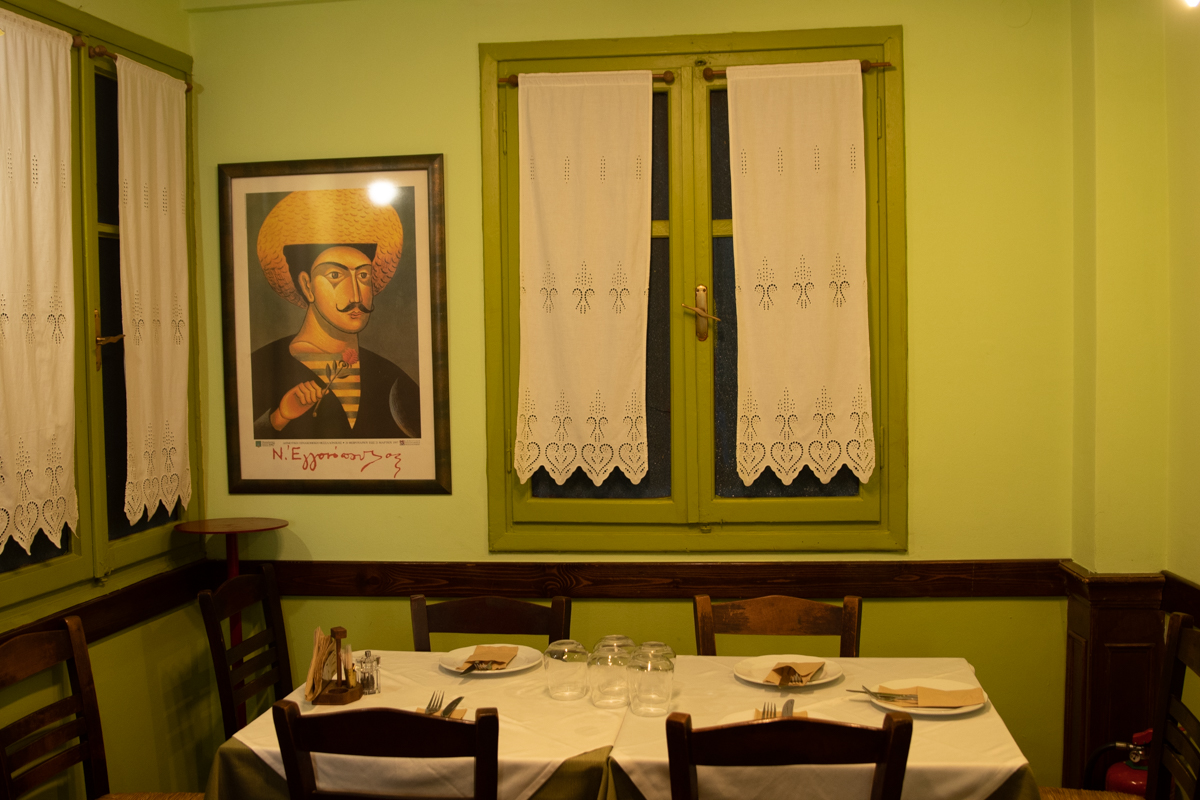
For Tzekou, the climate dimension is twofold: large-scale agriculture’s energy, water, land, and chemical intensity harms biodiversity and aquifers; on the demand side, industrial livestock systems require vast resources and land, with heavy environmental impacts.
Vulnerable to Shocks, Yet More Sustainable Over Time
These projects face real constraints. “Their economic logic doesn’t fit the dominant model,” Tzekou says. “They’re not chasing profit maximization but addressing social and environmental needs. Surpluses are managed differently—often redirected to people in need. And all of this takes time.” Structurally, they aim to pay farmers fairly without pricing out low- and middle-income households, while also ensuring decent wages for workers.
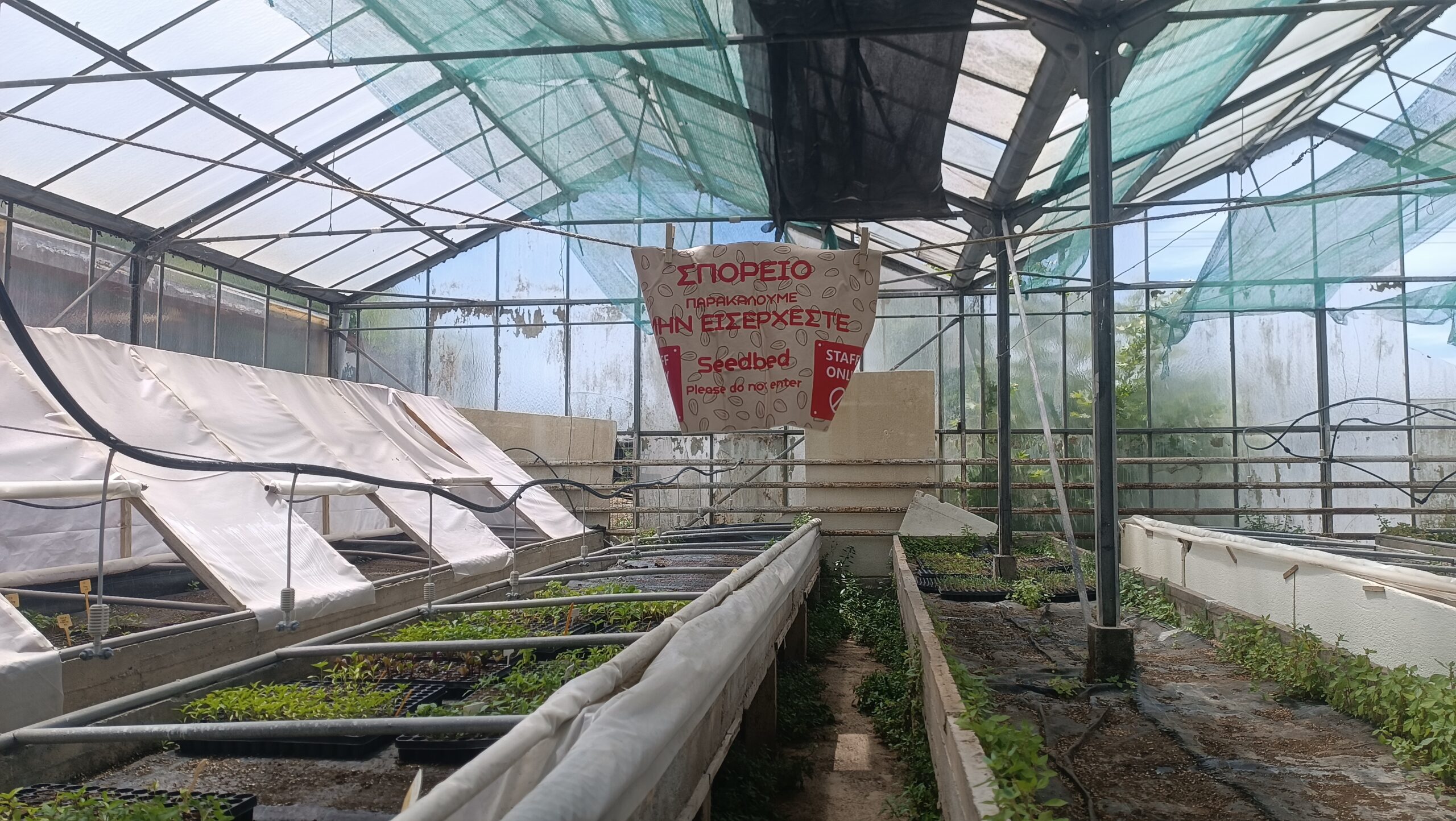
“Doing all of that at once is hard. The balance is fragile, exposed to external shocks like economic crises or energy-price spikes, and to internal strains.”
Even so, she points to examples like BioScoop, where roughly 80 percent of turnover came from the neighborhood, as proof of concept: modest scale, vulnerable, but viable. Scaling further depends heavily on the wider context: public policy, funding streams, and which economic models are favored at a given moment. Growth also hinges on networking, among initiatives and with local institutions, to share costs, and on broader socio-political dynamics.
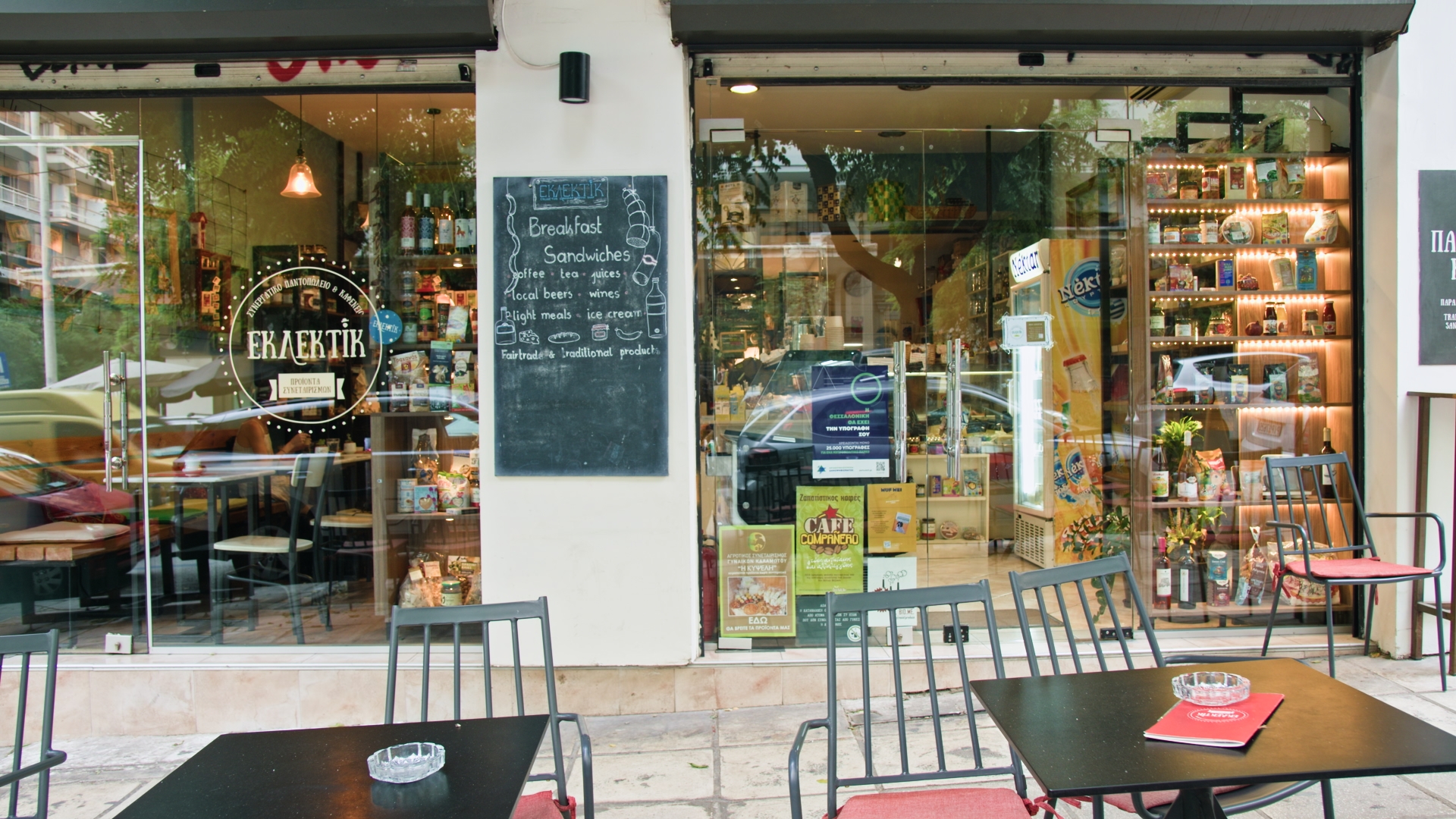
Asked whether there are public policies supporting such efforts, Tzekou is blunt: “There’s no real interest from the state. These ventures have been treated simply as small businesses. They weren’t supported. whether they sought funds or, as many prefer, chose not to engage financially with the state.” One exception is the City of Thessaloniki’s fledgling Food Policy Council, which is exploring strategies for sustainable urban food systems, still in its infancy.
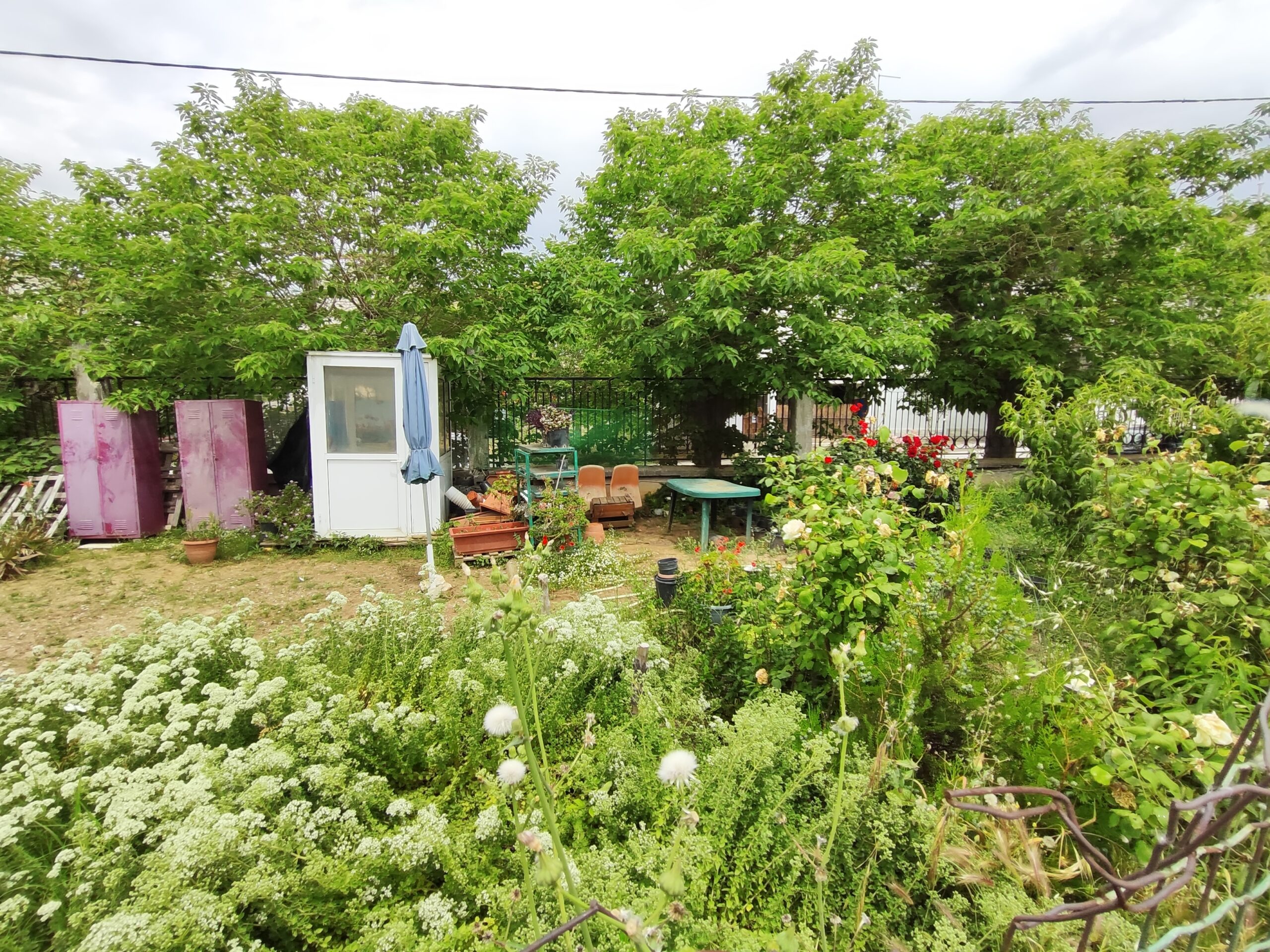
In the accompanying Alterthess video, visits to four Thessaloniki initiatives, “Viokofinaki,” “Perivolarides,” “Treli Rodiá,” and “Eklektik”, sketch an alternative chain that restores a sense of origin, responds to new climate realities, supports small growers, and strives for fairer labor relations.
We also speak with Theodoros Papadopoulos, president of the Thessaloniki Central Vegetable Market, and food technologist Anastasia Boba, an external KATH collaborator, about Social Plate, a food-rescue program launched in 2018. And chef Antonis Katsantonis discusses how our choices shape food systems and the environments we live in.
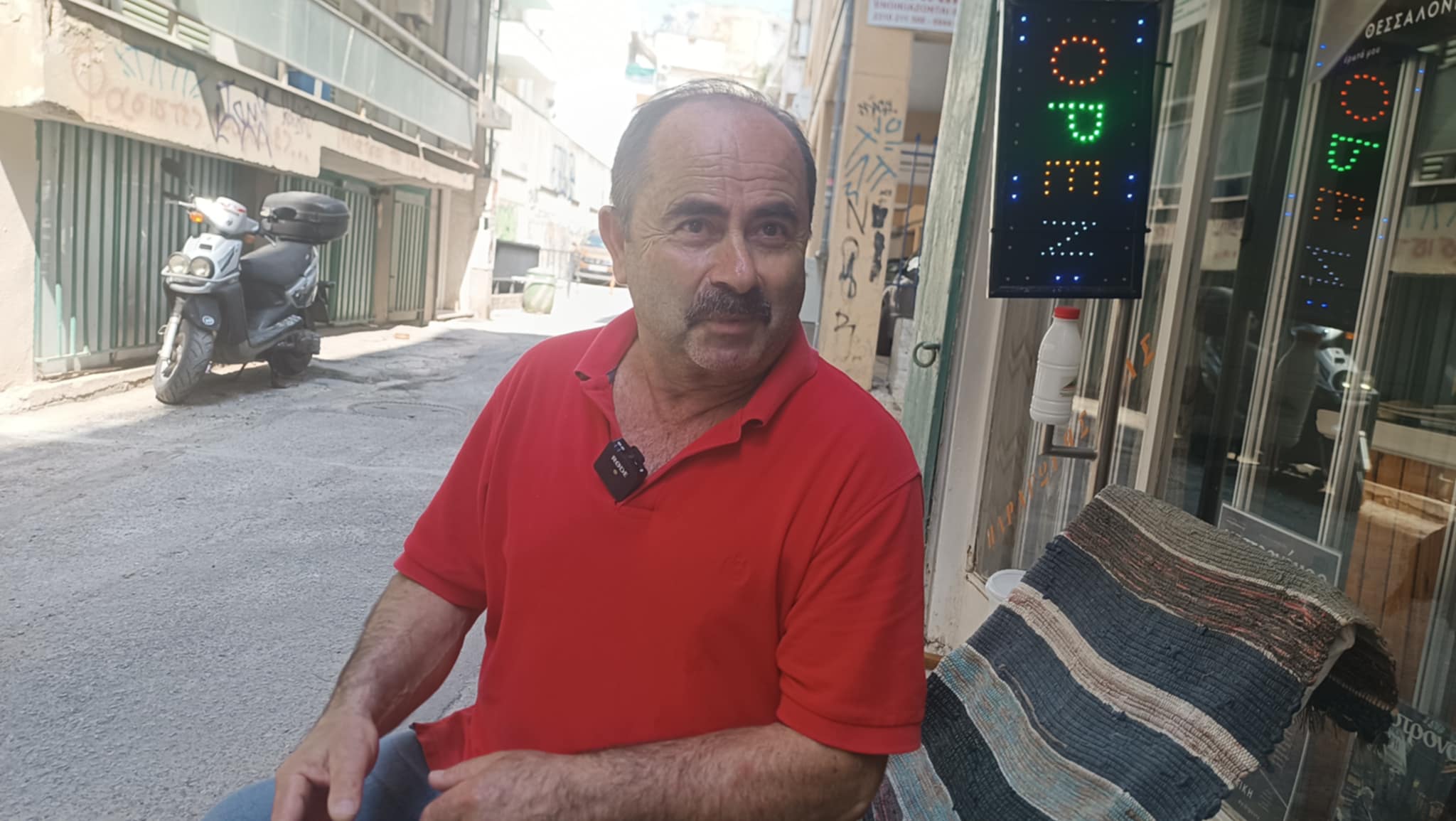
Finally, cheesemaker Christos Kontonikolas offers a primer on small-scale dairying, sharing the story of his tiny shop on the slopes below Ano Poli. He explains how compact, vertically integrated production can open a path for new herders and cheesemakers, and why it can outperform industrial dairy in resilience and quality as the climate crisis deepens.
Liste to the Podacst: From Dryovouno to Ano Poli: Christos’ small cheesmarket
The research “The Climate was already bad” was realised with the support of Rosa Luxemburg Stiftung-Office in Greece. Read the complete research here.
